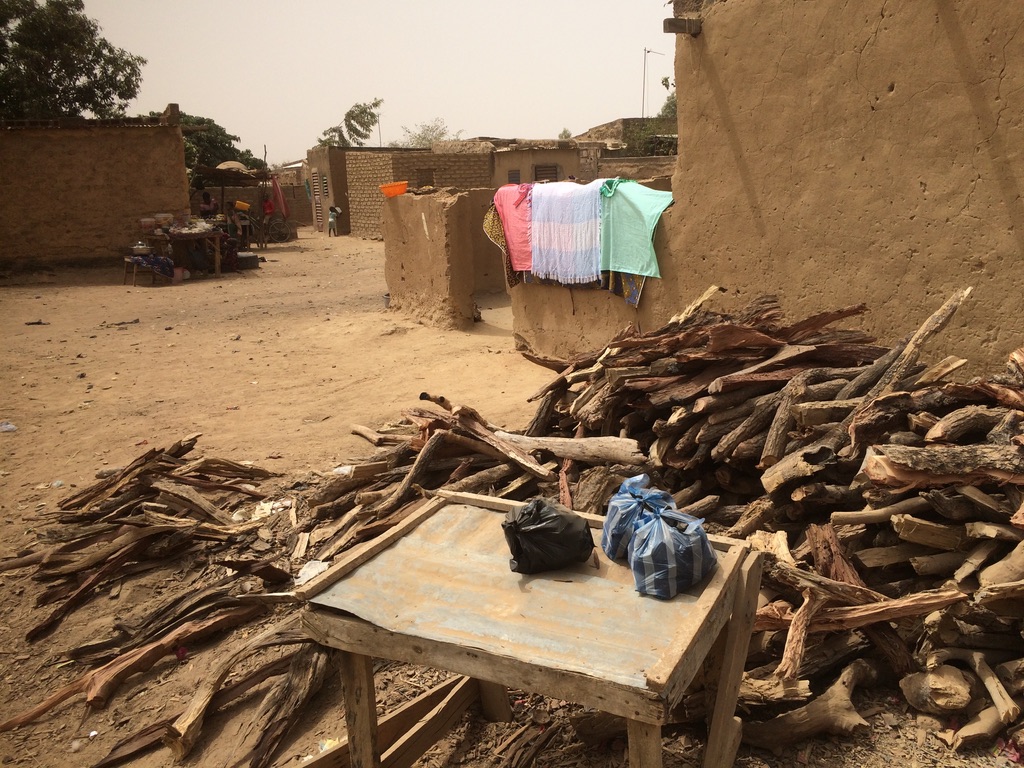Energopolitics & soaps
I do research on topics related to energy humanities. With a background in physics and the history of science, I have eventually found a home in political ecology. In particular, I’m interested in the political use of energy in (post)colonial contexts and the expansion of the concept of energy justice.
I do research on topics related to energy humanities. With a background in physics and the history of science, I have eventually found a home in political ecology. In particular, I’m interested in the political use of energy in (post)colonial contexts and the expansion of the concept of energy justice.
There is one trivial questions that I cannot answer: “What do you do for a living?”. I have changed disciplines several times over the last twenty years, and there is no single term that can encompass them all. I am a transdisciplinary researcher, one might say. In words, everyone loves transdisciplinarity. In reality, though, no one knows exactly how to manage it, or how to secure a tenure in it.
At 27, after a master’s degree in the history and philosophy of science, I thought I would write a thesis in the philosophy of physics. However, fate had other plans for me, and in the end I wrote my thesis on the history of science, studying the role of geophysical exploration technologies in the search for oil and gas during the Cold War. In practice, I analysed how the degree of scientific advancement allowed one company or state and not another to discover hydrocarbons. That made me aware of the very close links between the technoscientific and the political elites, and of how early the practice of revolving doors between governmental institutions and oil companies was.

But after my thesis, I felt I wanted to do something with more immediate repercussions than archival work. So I started looking into a very contemporary issue, shale gas, which was a “hot” topic ten years ago (we all know that academia follows trends too), and from there I moved on, making my own personal energy transition, to low-carbon energy and fair energy transition in specific regions of Europe and West Africa (notably, Togo, Niger and Burkina Faso) as part of various European projects. That got me interested in environmental conflicts and in the Environmental Justice Atlas, as well as in degrowth. And both these interests led me to Barcelona, and concretely to ICTA and Joan Martínez Alier’s group.
My activism with Western Sahara Resource Watch, an association that monitors the exploitation of the resources of Morocco-occupied Western Sahara, also led me to investigate the intertwining of bright rhetoric and bleak realities, in which the positive light in which renewables are viewed has allowed and continues to allow territorial occupations.
In my spare time, I do stuff bohemian bourgeois typically do: sing in a choir, study languages, electroform leaves, make soaps, serve as a slave to my cat, and contribute to an environmental justice association co-founded with fellow political ecologists.